Heart disease
Cardiovascular disease is the first cause of death worldwide. The term “heart disease” refers to a wide spectrum of pathologies affecting the heart and/or coronary vessels. Among heart diseases, heart attack (infarct), heart failure and sudden cardiac death combined account for most of cardiovascular fatalities.
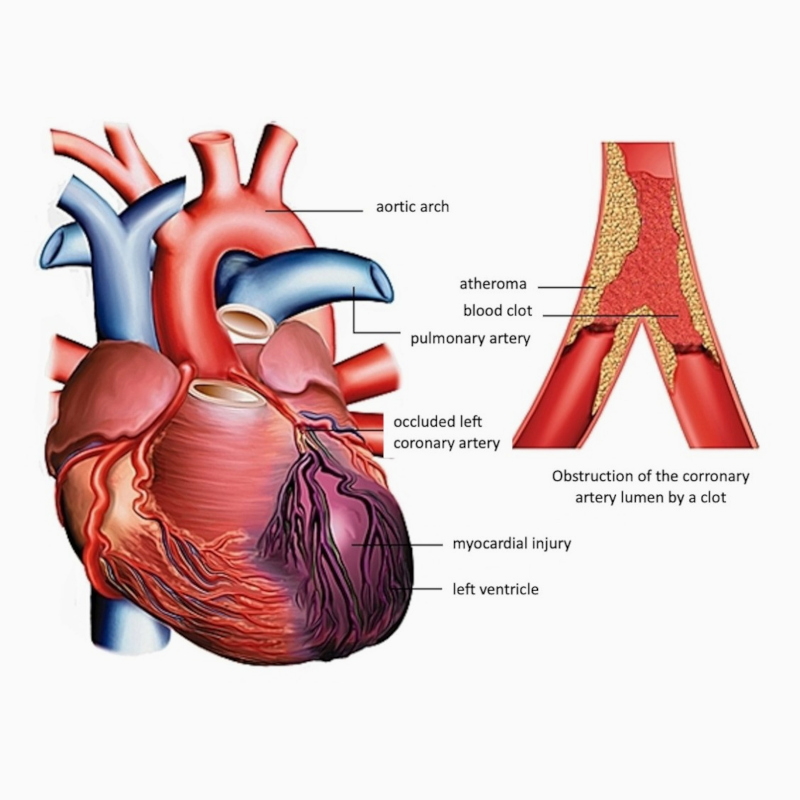
Cardopathies-Image2-UK
The mechanism of heart attack: a blood clot clogging the coronary artery prevents oxigenated blood to feed the cardiac muscle, thereby creating downstream myocardial injury.
/ Spectrum of heart disease
• Coronary heart disease involving heart vessels – that feed cardiac muscle – underlie cardiac infarct and heart attack.
• Cardiac arrhythmias and other pathologies of heart rate disrupt functioning of blood pumping and flow. These pathologies are the main cause of sudden death (voir image 2).
• Heart disease may also rise from congenital conditions, such as gene mutations or cardiac development defects leading to malformations at birth and congenital arrhythmias.

Cardopathies-Image2-UK
The mechanism of heart attack: a blood clot clogging the coronary artery prevents oxigenated blood to feed the cardiac muscle, thereby creating downstream myocardial injury.
/ Risk factors
Age, gender and genetic legacy are all intrinsic independent risk factors that may influence onset and development of heart disease. Nevertheless, other individual and environmental factors, such as smoking, drinking, excessive food intake and diabetes and sedentarily life style can be controlled by switching to healthier lifestyle.
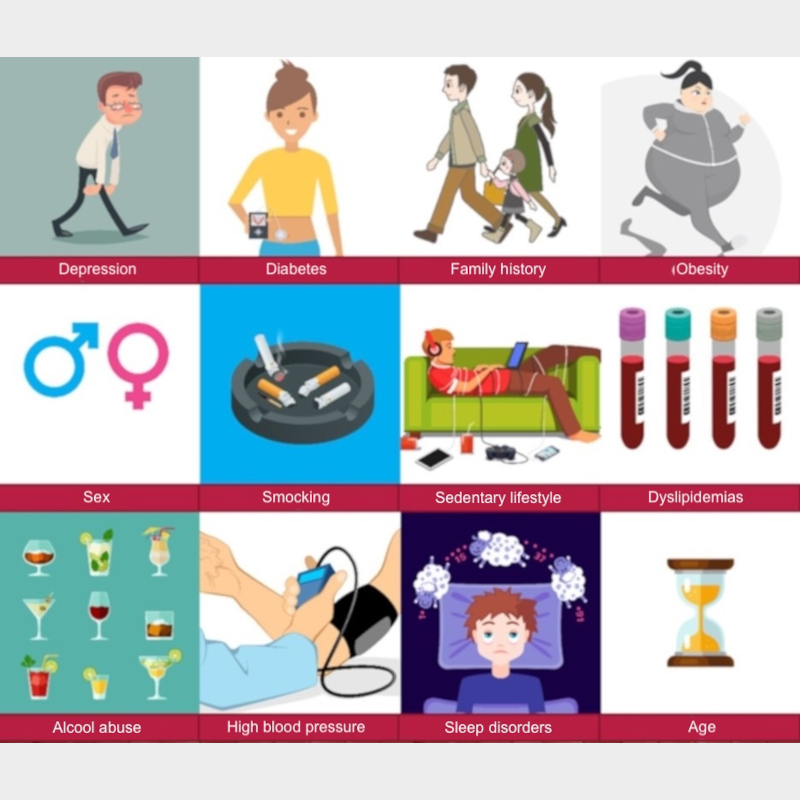
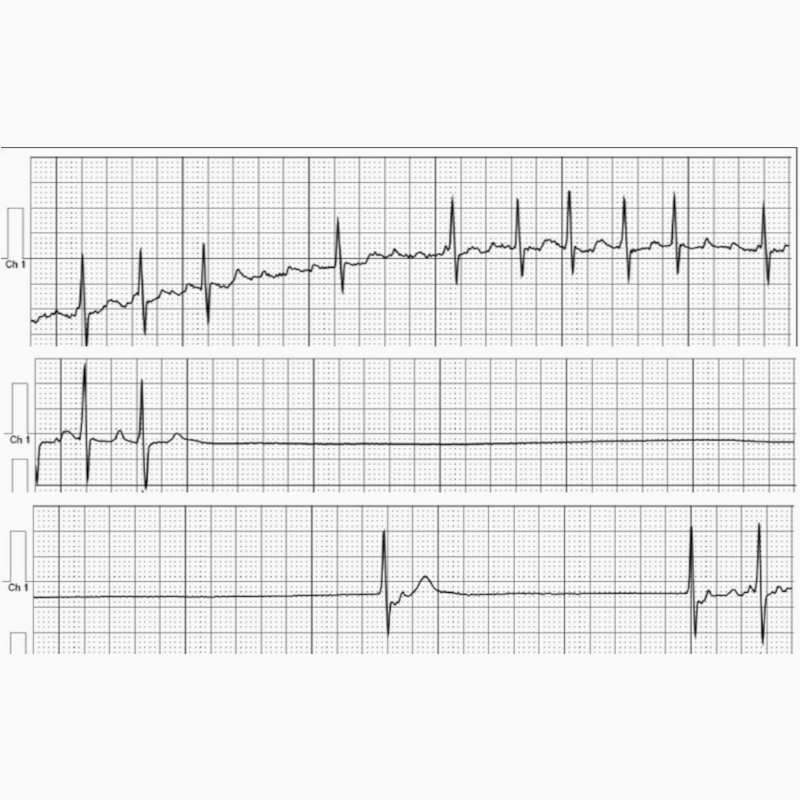
Cardopathies-Image4-FR-UK
Electrocardiogram of a patients carrying persistent atrial fibrillation (tachycardia, upper panel) and alternate bradycardia (lower panel). This panel predisposes to sudden cardiac death. Courtesy of Dr. Francis Marchlinski, the Fondation Leducq FANTASY Network
/ Research and hope
Research on heart disease and cardiovascular pathologies in general is very active.
It is centered on four main investigation avenues:
• Understanding the pathological and molecular mechanisms of heart function and rhythm.
• Development of new therapeutic options to handle heart diseases.
• Improving diagnosis by new cutting-edge cardiac imaging techniques.
• Development of personalized medicine.
Recent advances in development of new therapeutic tools including bioactive peptides, gene and cell therapy, as well as the increasing usage of artificial intelligence and machine-learning open new promising perspectives for patients affected by heart disease.

Cardopathies-Image4-FR-UK
Electrocardiogram of a patients carrying persistent atrial fibrillation (tachycardia, upper panel) and alternate bradycardia (lower panel). This panel predisposes to sudden cardiac death. Courtesy of Dr. Francis Marchlinski, the Fondation Leducq FANTASY Network
/ Patients Support
Several associations support patients affected by heart disease and their relatives.
- The French Federation of Cardiology
- The French Association of Surgically Operated Patients for cardiovascular disease
- The Heart Alliance
Associations play an important role in promoting therapeutic awareness, support patients and advocate patients’ rights. In conclusion, heart disease represents a major societal issue and a challenge of public health. Thanks to recent outstanding research achievements and to prevention strategies, very significant therapeutic advances have emerged and integrated in the clinical practice. Nevertheless, important therapeutic needs are still unmet at present and continuous research effort is to be pursued.
Finally, adopting healthier lifestyle is an important way to preserve cardiovascular health.
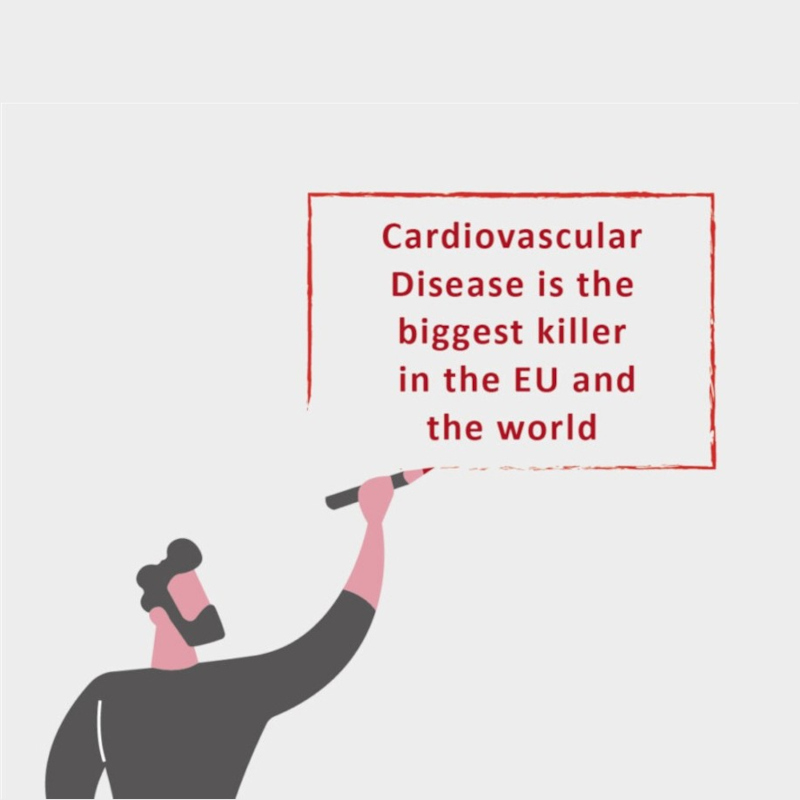
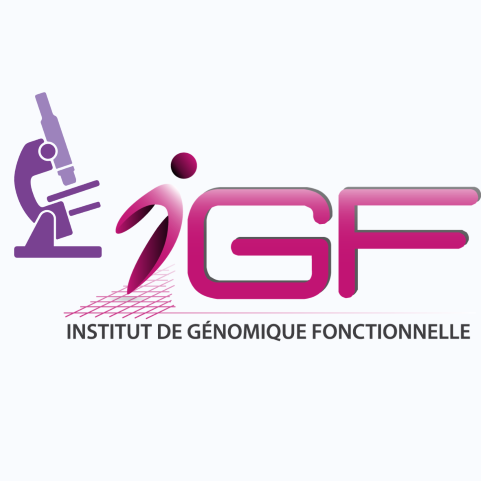
/ Research on heart disease at the IGF
At the IGF, researchers pursue innovative research to understand the mechanisms underlying heart disease, arrhythmias and sudden death. We also actively work on specific chronic debilitating cardiac diseases such as arrhythmias, heart failure and infarct and heart regeneration to propose new therapeutic strategies.
Find out more about IGF projects at:



